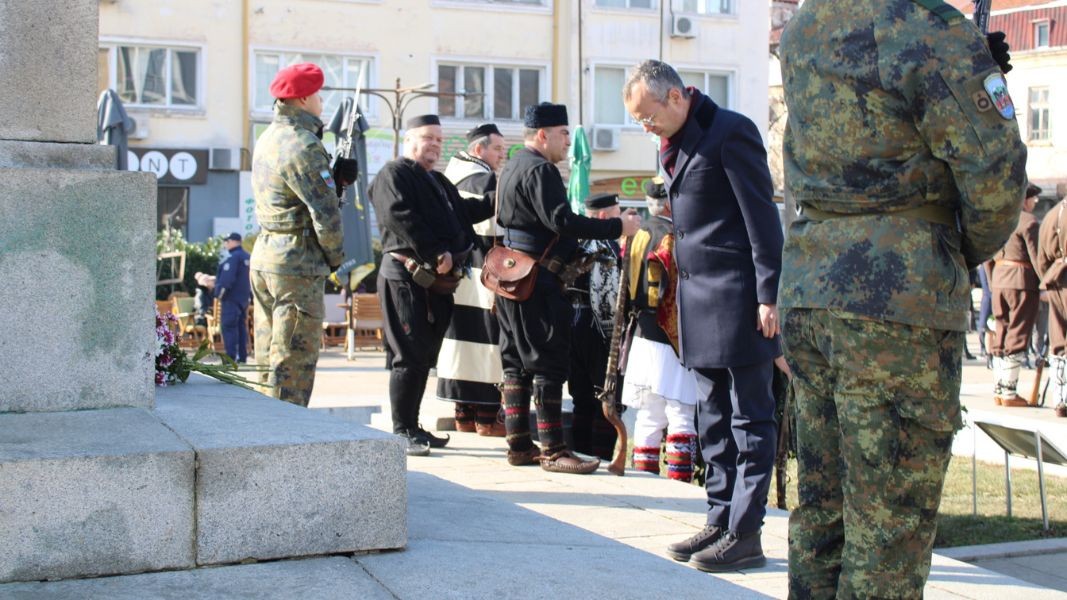


On the third day of Christmas, December 27, the Bulgarian Orthodox Church commemorates the memory of Saint Stephen, the first Christian martyr. His name means "crown" or "wreath" and comes from the Greek "στέφανος" (stéphanos). It symbolizes victory..
At sunset on December 25, the Jewish community begins to celebrate Hanukkah. The holiday begins on the 25th day of the Jewish month of Kislev in the Hebrew calendar and, depending on the year, can fall in November or December. By lighting 9..
The Bulgarian Orthodox Church celebrates Christmas with solemn services. The festive services began on Christmas Eve, when the church held a solemn vigil. Hundreds of laypeople gathered at the St. Alexander Nevsky Cathedral in Sofia, where..

+359 2 9336 661
